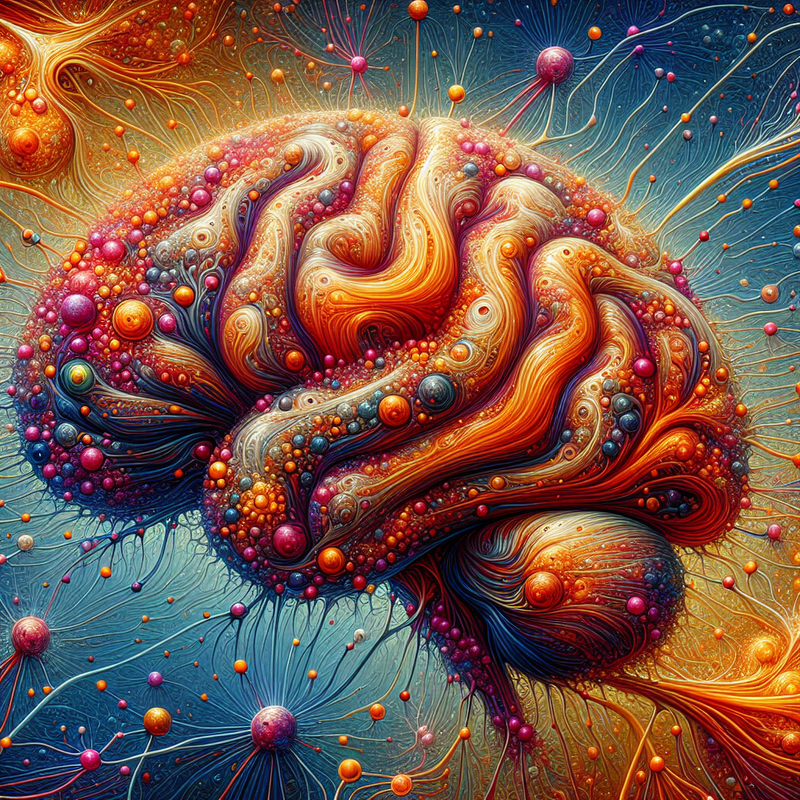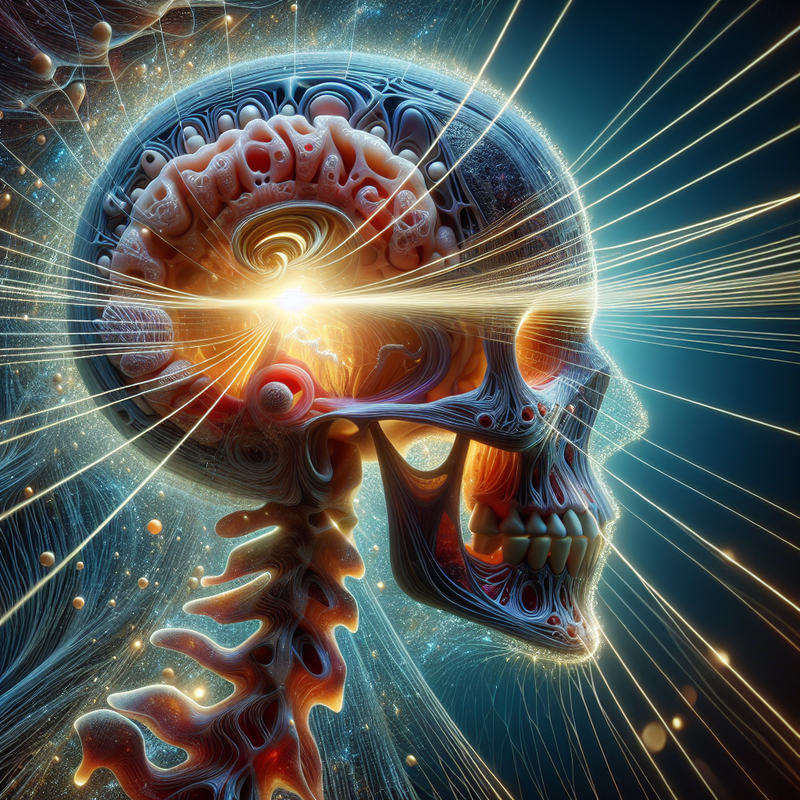Recent studies at the Sainsbury Wellcome Centre (SWC), part of University College London, have unveiled groundbreaking insights into the brain’s learning mechanisms
Researchers have illuminated a novel system in the brain that is instrumental in both forming habits and potentially dismantling them. This revelation about the dual nature of learning through trial and error is poised to have profound effects on dealing with habitual behavior disorders, such as addictions, compulsive conditions, and Parkinson’s disease.
Double Dopamine Responses Facilitate Learning
Researchers at SWC have identified an additional dopamine signaling pathway termed the action prediction error (APE), which operates in conjunction with the well-documented reward prediction error (RPE). “We believe we’ve uncovered the neural mechanism that underlies habitual behaviors. This could enable an individual to conserve cognitive resources for value-based decision-making in other areas,” stated Dr. Marcus Stephenson-Jones, the primary author of the study.
The team’s groundbreaking research, published in the prestigious journal “Nature,” relied on an auditory task for mice and employed an advanced genetically encoded dopamine sensor to track dopamine releases. Their findings suggest RPE is tied to the positivity of an outcome, while APE monitors the action’s frequency—offering the brain alternative ways to effectively store knowledge.
The research indicates that behavior driven by habits, such as automatically picking a preferred sandwich, eventually skips the value-based decision-making cognitive process. “We think that it’s the APE dopamine signal in the brain that helps encode this kind of default behavioral strategy,” Dr. Stephenson-Jones elaborated.
Implications for Clinical Interventions
Empowered by this discovery, the scientific community now has a solid foundation to craft strategies for disrupting persistent habits. “With the realization of this second brain learning system, we are now equipped with a scientific framework for devising methods to counteract entrenched habits,” remarked Dr. Stephenson-Jones. Moreover, this insight could cast light on movement-related issues observed in Parkinson’s disease patients, which might stem from impaired APE signal generation in decaying neurons that govern movement.
The Sainsbury Wellcome Centre team at UCL is committed to deepening their inquiry into APE’s role in forming habits, the interplay between the two dopamine signals, and how this influences Parkinson’s disease-related movement difficulties. Their research has been catalyzed by financial support from an EMBO Long-Term Fellowship, the Sainsbury Wellcome Centre Core Grant from the Gatsby Charitable Foundation and Wellcome, and a grant from the European Research Council.







